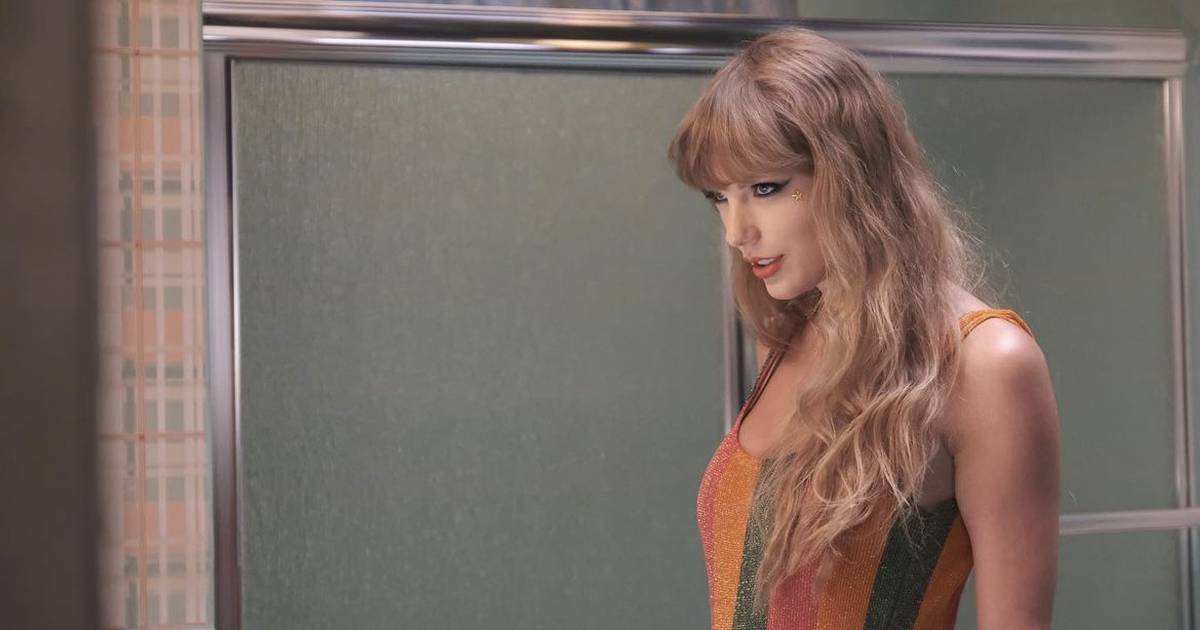The success of Taylor Swift’s re-recorded albums are causing changes to major record company contracts.
The “Cruel Summer” superstar began the journey of re-recording her first six studio albums in 2019 to own her own music. Her former label Big Machine Records denied her the opportunity to purchase the rights to her music.
As each re-recorded album outperforms the original, Universal Music Group, Sony Music Entertainment and Warner Music Entertainment are introducing stricter clauses that demands longer wait times for future artists to re-record their music.
The standard waiting period is five to seven years after the original date, but the new contracts can cause wait times of up to 30 years with the goal of preventing artists from outselling the original recording.
Adjunct Professor at the Thorton School of Music and the Vice President of Digital at Pulse Music Group, Joe Poindexter said that this issue with re-recording is fairly new because of streaming platforms.
Joe Poindexter: It’s just I think it’s important, too, that we realize, this issue of re-record is because of the world of streaming. This would have never been an issue if we didn’t have the ability to get whatever we want, whenever we want it. And we have that ability now with streaming. This wouldn’t have been the case if we were talking about physical product in stores.
Despite the upcoming changes to these contracts, Adjunct Professor at Thorton and Munck Wilson Mandala attorney, Jane Davidson believes that future artists will not shy away from working with record companies.
Jane Davidson: The majority of artists that I work with still have a level of interest in getting picked up by a major label. The main reason for that is the resources and connections that a major label would have are significantly more than you can handle on your own.
Assistant Professor of practice in the Music Industry Department at Thornton, Andrew Leff believes that future artists will release music on their own to avoid record labels.
Andrew Leff: In the year 2023, most record labels are actually irrelevant. Prior to 2000, the record labels ran the music industry, and you had no choice but to deal with them. If you wanted your song on the radio, you wanted your record in the store or whatever. Now, in 2023, what they are asking you to give up, which is your copyright in part to it in perpetuity, in exchange for what they’re giving you, which is basically putting your song on Spotify and paying off some DSPs is really not worth that transaction.
Leff says that despite the uproar of Taylor Swift’s success, the entertainment industry will not be dramatically affected.
Leff: I don’t think it’s going to have a big change on the industry in general, because one of the things about the re-record clause is very few artists actually take advantage of it. I know there’s a lot of hoopla about the Taylor Swift stuff going on now, and people think that everybody’s out there re-recording their catalogs when very like less than 1% of artists actually do. So, I don’t think it’s going to have a major effect on the vast majority of artists.
For Annenberg Media, I’m Monique Davis





